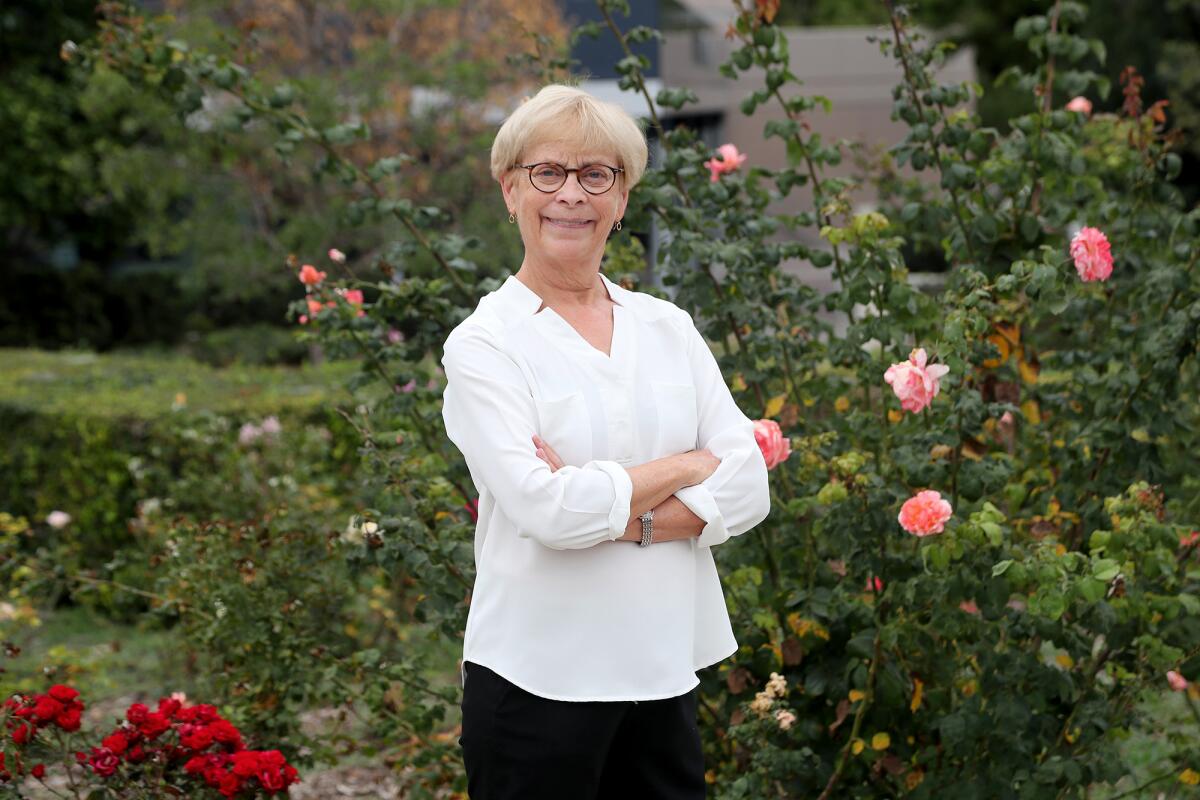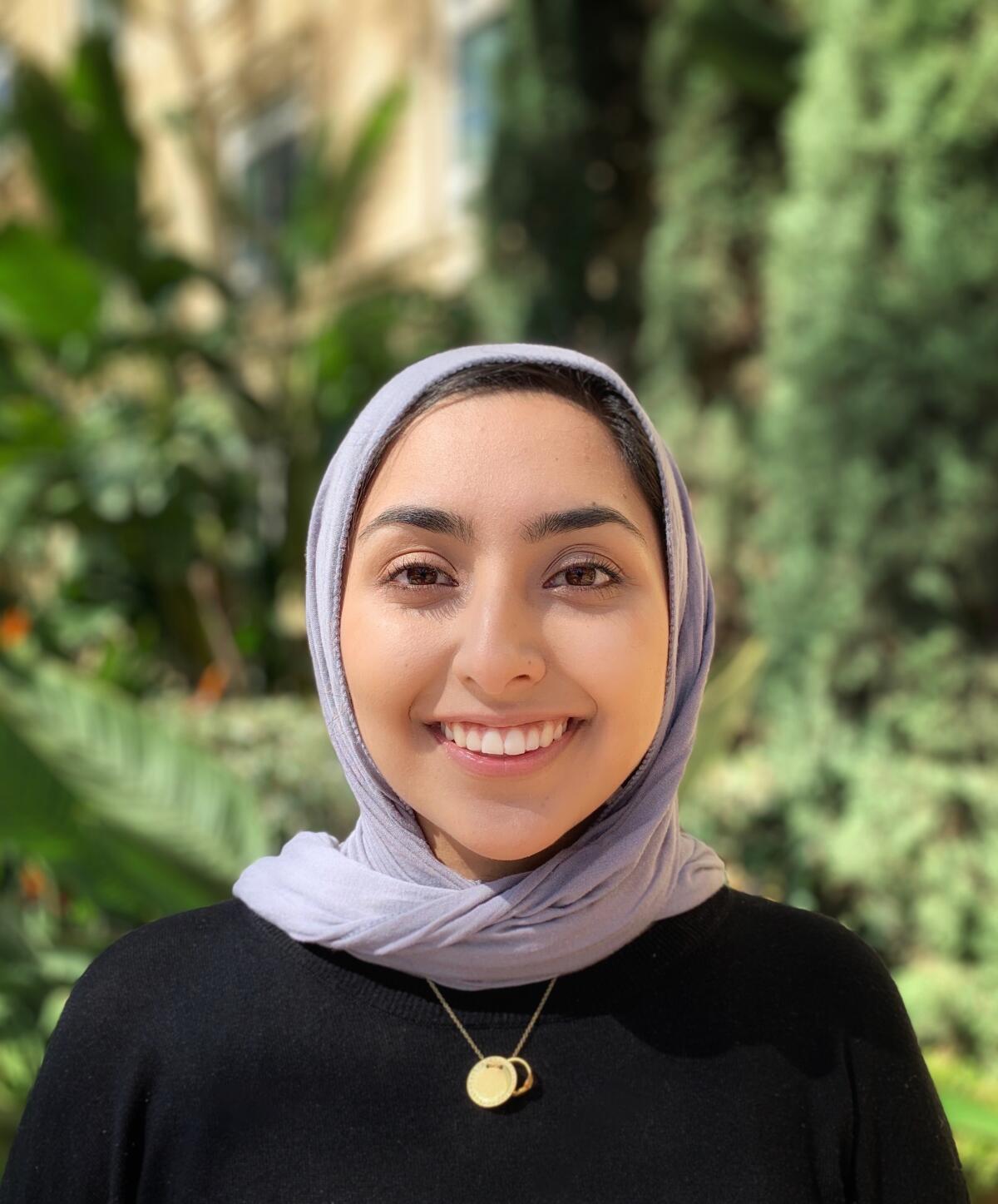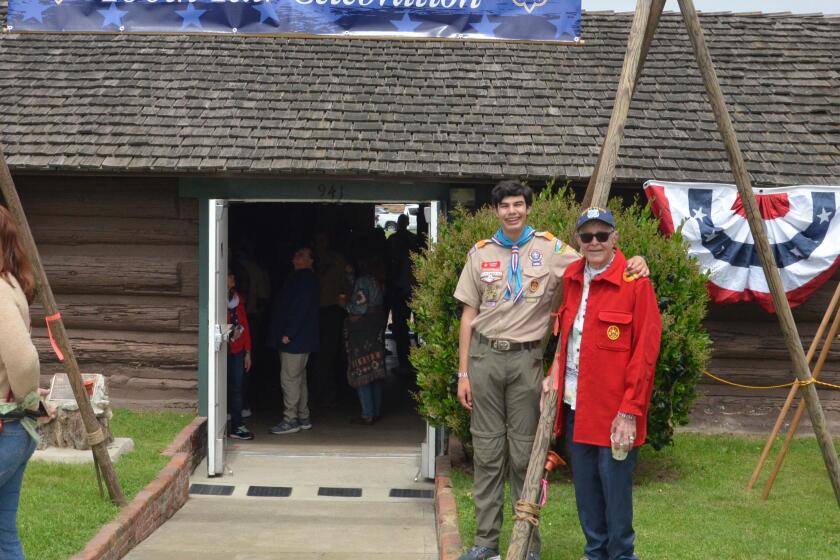UC Irvine working to bring at-risk Afghan scholars fleeing danger to campus, safety

As Afghans flee their native country in search of safe harbor, following the recent takeover of capital city Kabul by Taliban forces, universities are engaging in a rescue mission to bring scholars and their families to California college campuses.
A local effort is underway at UC Irvine, where administrators across the campus have committed $250,000 to help academics, lawyers, artists and journalists continue their work in places of refuge.
Spearheaded by comparative literature professor Jane O. Newman, the campaign includes a local crowdsourcing component that seeks an additional $150,000 in community matching funds. The UCI Afghanistan Emergency Response Fund had as of Friday raised nearly $40,000.
“There are many Afghan scholars, particularly women scholars, who’ve been getting PhDs for the past 20 years, and they’ve grown up with this possibility, but now it’s shutting down on them,” Newman said in an interview Wednesday. “If we just abandon these people, what do we think is going to happen to the U.S. in the world?”
Newman chairs a UC-systemwide coordinating committee for Scholars at Risk (SAR), an international network of institutions and individuals who work to promote academic freedom, in part, by arranging temporary academic positions at member universities and colleges.
In recent years, multiple international scholars have been invited to participate at UCI, where they’ve continued their research, held lectures and engaged with students of law, international studies and other disciplines.
Aside from simply seeking refuge, Newman said, participants are afforded a chance to continue their work, while enriching the campuses that host them and, more broadly, higher education itself.
Protecting and hosting academics escaping risk is also a way to preserve the future of higher education in nations which might otherwise suffer huge setbacks from the persecution, imprisonment and deaths of such individuals.

Newman said a classic example of the impact of preserving scholarship is the international effort undertaken after World War II, when German Jewish academics were taken in and made enormous contributions across disciplines.
“They are the future of their country” she said of the need of protecting such emigres. “If we want to make this a more secure world around the globe, we need to invest in higher education everywhere.”
The estimated cost of hosting a single scholar, including salary, benefits, housing and, in some cases travel and visa assistance, is around $100,000. If UCI’s crowdfunding goal is met, the Irvine campus could host at least three individuals in the coming years.
“If we can leverage these various things at 10 campuses, we’ve got 10 or 20 scholars, haven’t we?” Newman said, referring to similar efforts being taken on other UC campuses, such as UCLA, Berkeley and Santa Cruz.
Assisting with the community effort is Sadaf Doost, a third-year law student at UC Irvine and an Afghan American whose parents left their own studies and livelihoods to flee their native country in the 1980s during the Soviet invasion.
Doost has since worked closely on human rights issues and has volunteered assisting Afghan, Syrian and Turkish refugees. She recently helped established Global Advocates for Afghanistan, an initiative that aims to mobilize international evacuation and resettlement advocacy efforts.
“Education is liberation — it’s something my parents and a lot of Afghan parents and refugee parents in general really made the sacrifice for, so their children can have education and have that agency in our lives,” Doost said.
“Fighting for Afghan people on the institutional level sends a message to the UC system and other universities,” she continued. “It encourages others to use educational and institutional spaces to advocate for those in Afghanistan.”
Both Scholars at Risk and the Institute of International Education’s Scholar Rescue Fund provide case managers, who perform risk assessments, examine curricula vitae and review letters of recommendation to ensure refugees are legitimate and high-achieving scholars and genuinely at risk, Newman said.
With the help of a rich and burgeoning member network, Scholars at Risk annually provides sanctuary and assistance for about 300 academics and other civil society actors from and to nations across the globe.
UCI Law Professor David Kaye, who served the United Nations as special rapporteur on the Promotion and Protection of the Right to Freedom of Opinion and Expression, has worked with SAR on issues related to academic freedom and so sought Newman out when he heard about the campus campaign.
While the latest effort is being done on an emergency basis, in response to fast-moving situations abroad, Kaye said he hopes UC campuses like UCI can take a broader view and make such assistance an endowed part of the university system and create regular funding to bring scholars to safety.
“[The University of California system] is one of the leading academic institutions in California, if not the country,” he added. “For us to stand up for human rights and for the rights of scholars, artists and journalists across borders, that’s the kind of position we ought to be taking.”
All the latest on Orange County from Orange County.
Get our free TimesOC newsletter.
You may occasionally receive promotional content from the Daily Pilot.




